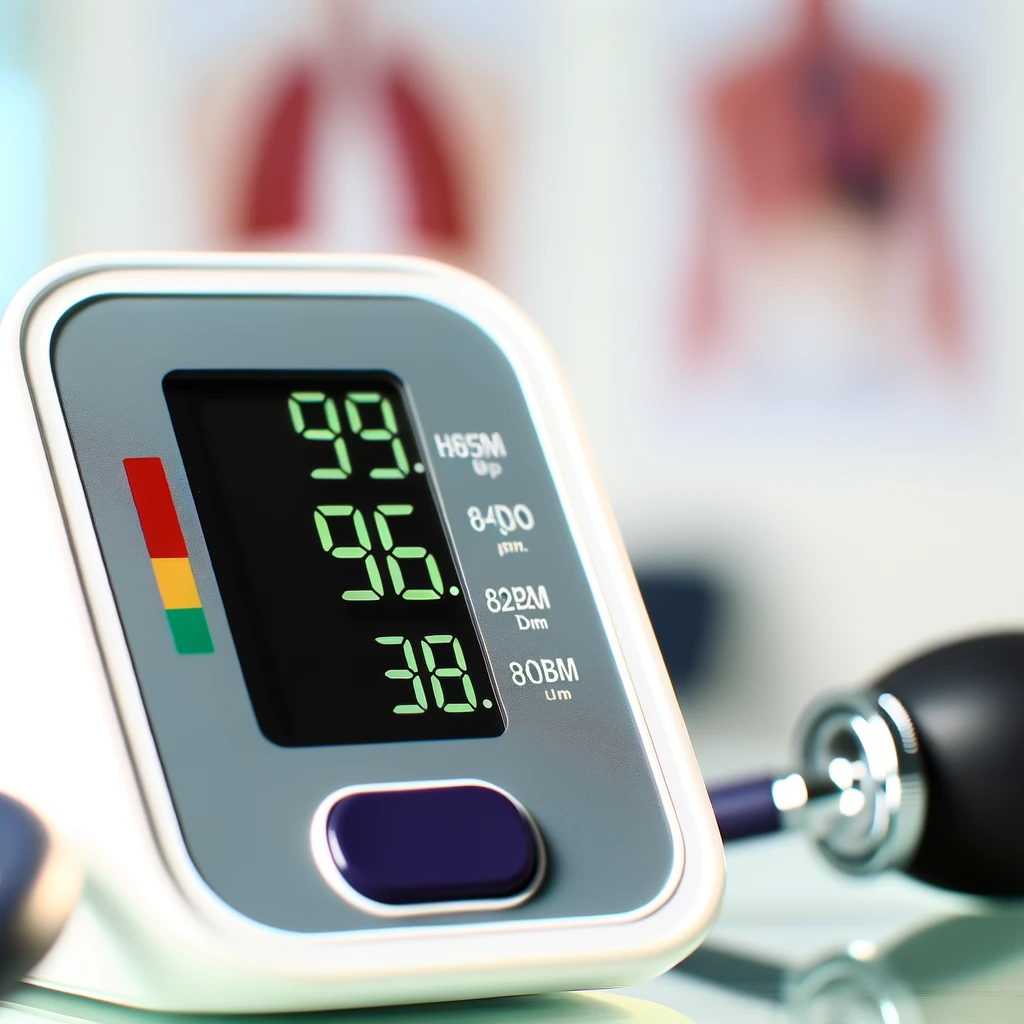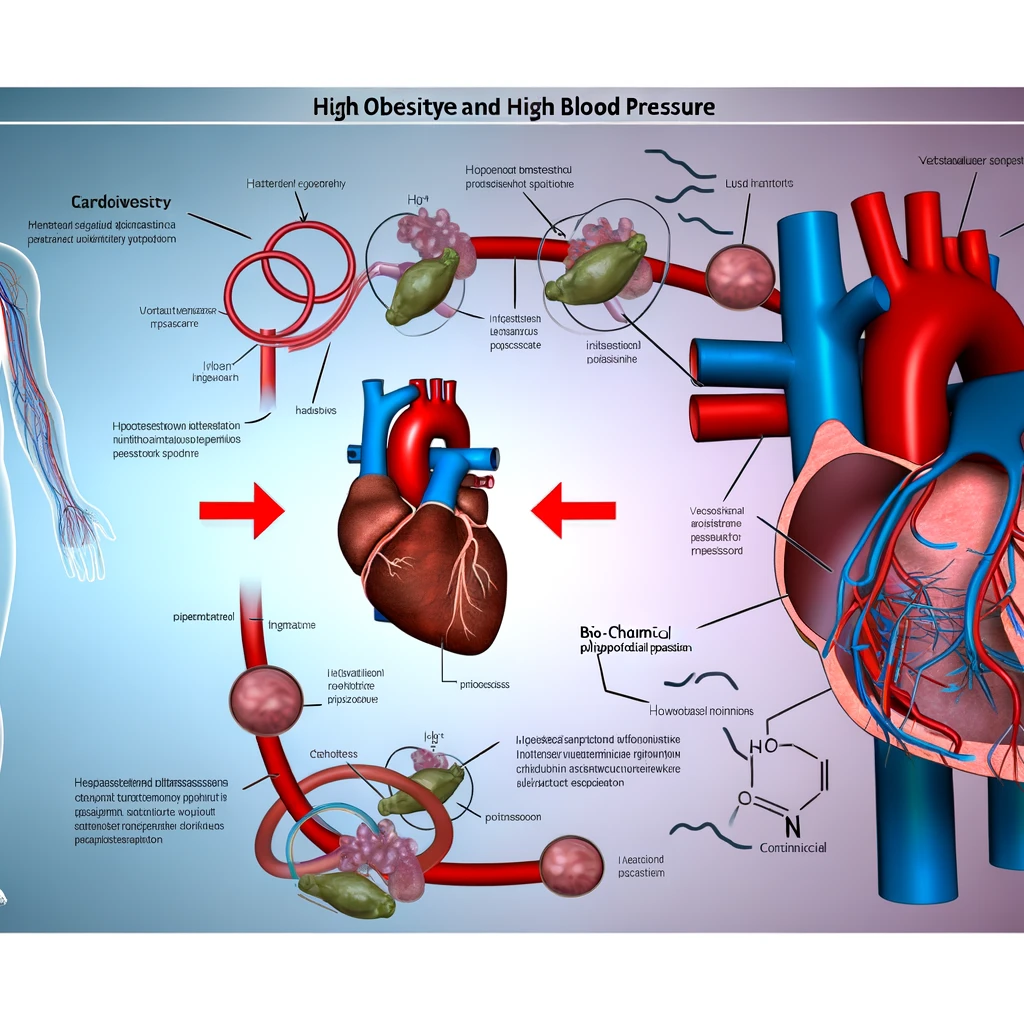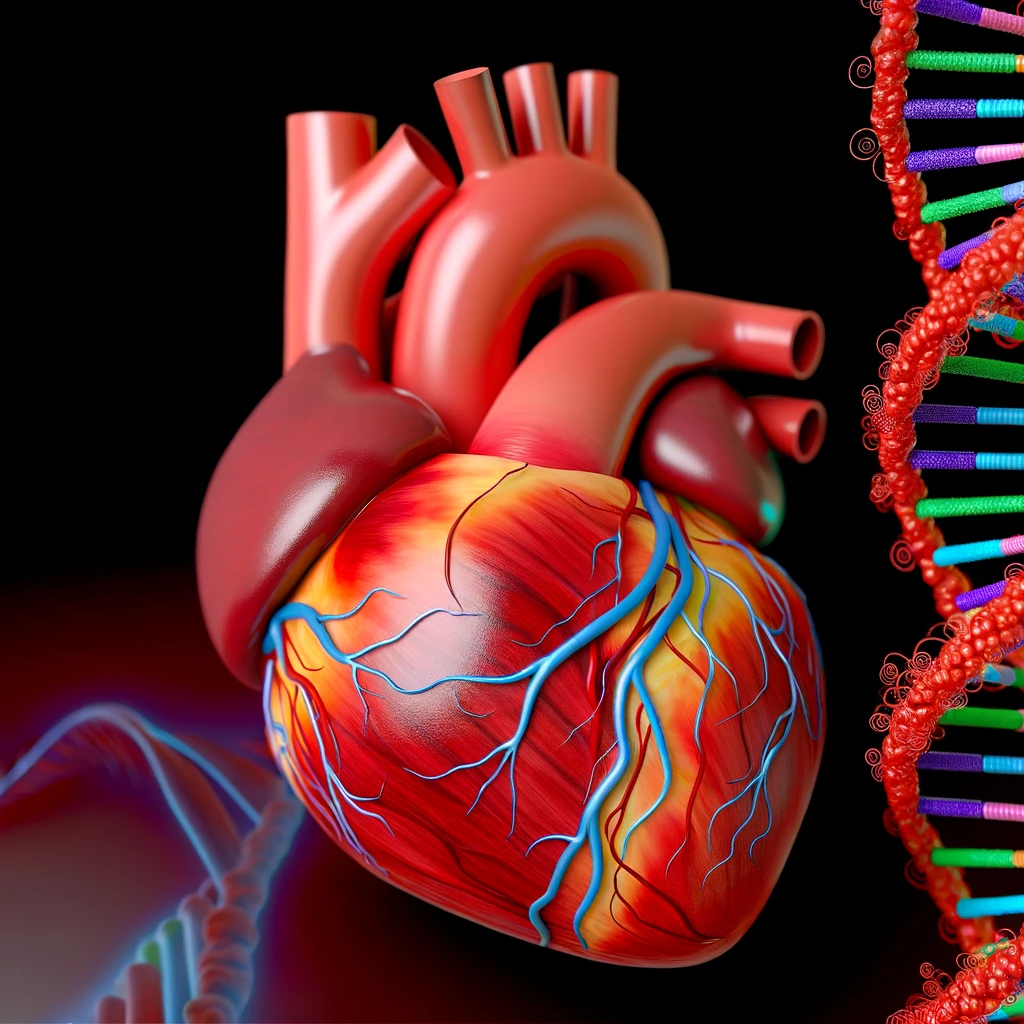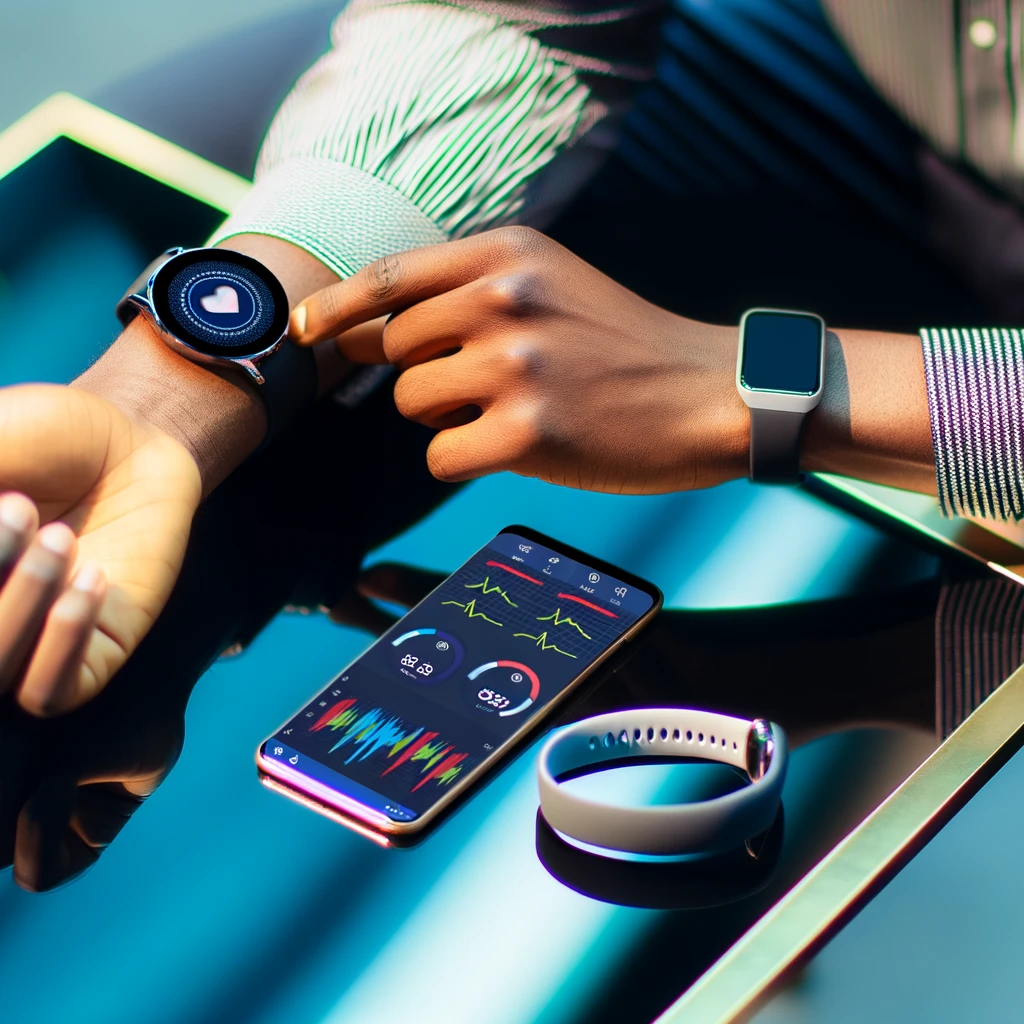Related Articles









In today's fast-paced world, health and wellness have become paramount. With technological advancements, the integration of mobile applications in healthcare is reshaping how we monitor our vital signs, such as heart rate and blood pressure. This article explores the transformative role of mobile apps in managing these critical health parameters.
Heart rate refers to the number of times your heart beats per minute, while blood pressure is the force of your blood pushing against the walls of your arteries. Both are crucial indicators of cardiovascular health. Regular monitoring can help detect potential health issues early and manage chronic conditions effectively.
Mobile apps designed for health monitoring utilize sensors and algorithms to track heart rate and blood pressure. These apps can often sync with wearable devices, such as smartwatches, providing real-time data and insights. By leveraging the smartphone's capabilities, these apps offer a convenient solution for users to monitor their health on the go.
The integration of mobile apps in health monitoring offers numerous benefits:
With a smartphone at hand, monitoring vital signs becomes seamless. Users no longer need to visit healthcare facilities for routine checks, saving time and resources.
These apps provide tailored feedback based on individual health data, empowering users to take proactive steps in managing their health.
Gamification features in some apps encourage users to achieve health goals, fostering a more active lifestyle.
Despite their advantages, mobile health apps face several challenges:
Ensuring the precision of readings is crucial. Users should cross-verify app data with traditional monitoring methods to ensure accuracy.
The confidentiality of health data is a significant concern. Users must choose apps with robust security measures to protect their information.
Regular usage is essential for effective monitoring. Users must be committed to using these apps consistently to reap the benefits.
The role of mobile apps in monitoring heart rate and blood pressure is undeniably significant. As technology continues to evolve, these apps will become even more sophisticated, offering enhanced features and greater accuracy. By incorporating mobile health apps into daily routines, individuals can take charge of their health, leading to improved outcomes and a better quality of life.
As we look to the future, the fusion of technology and healthcare promises to transform how we approach health management, making it more accessible and effective for everyone.